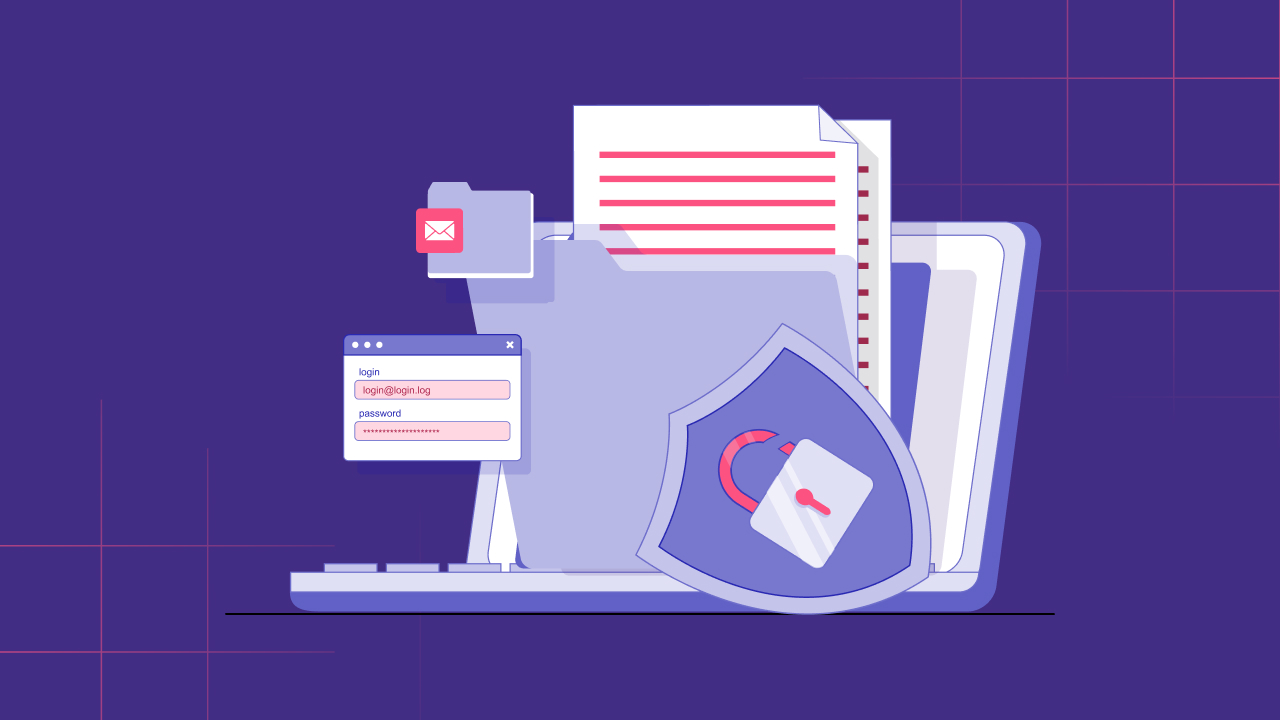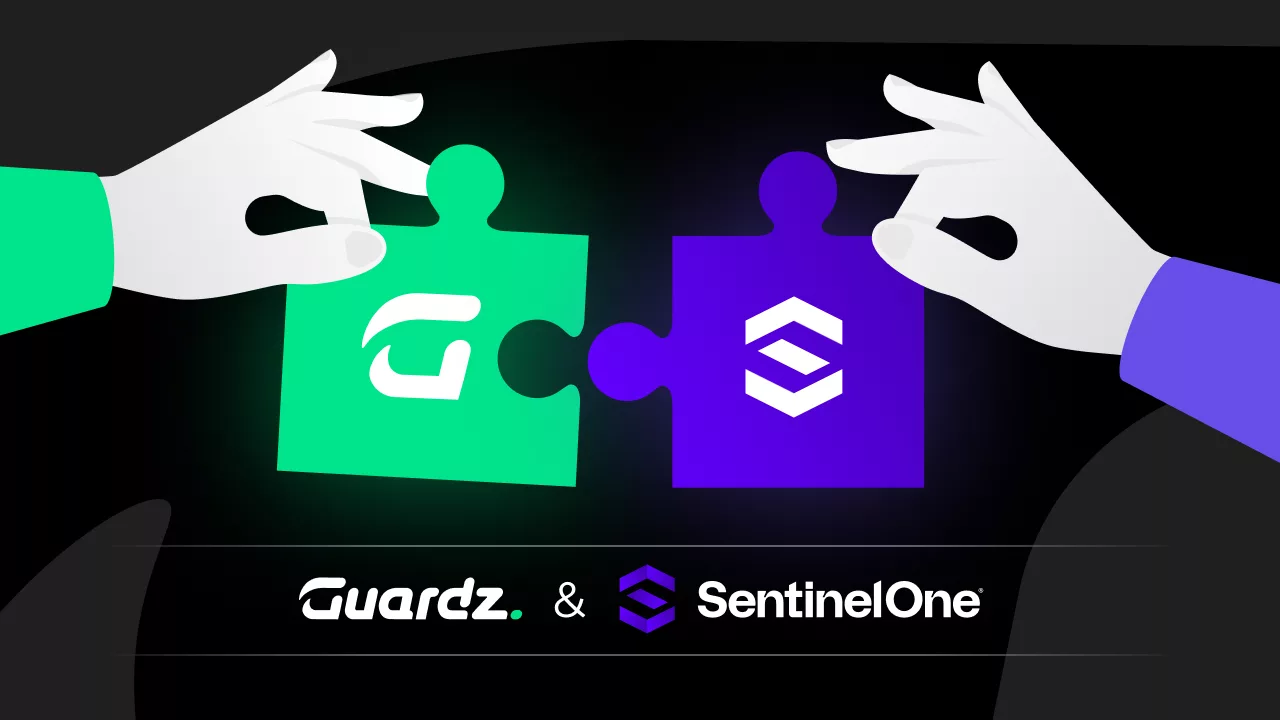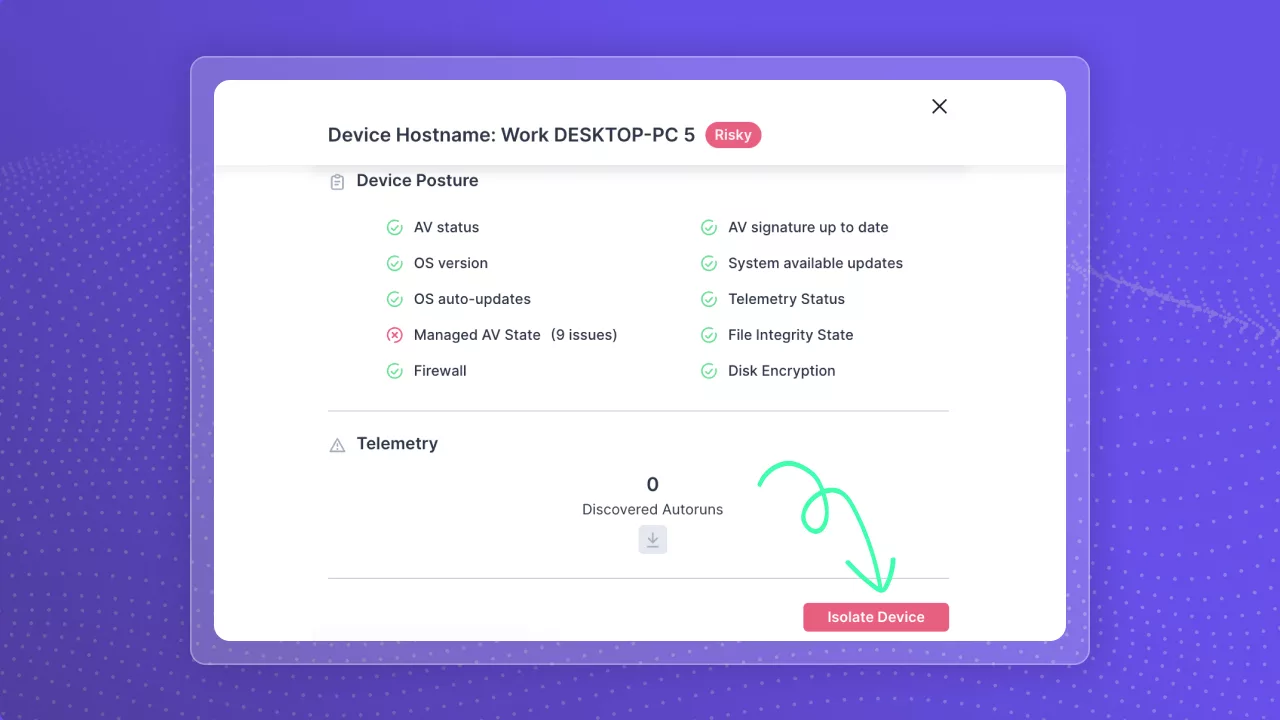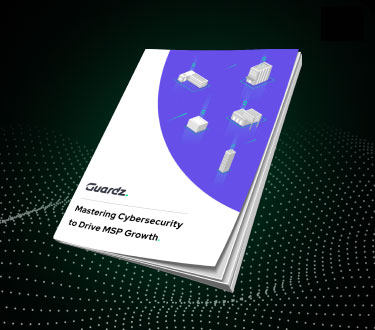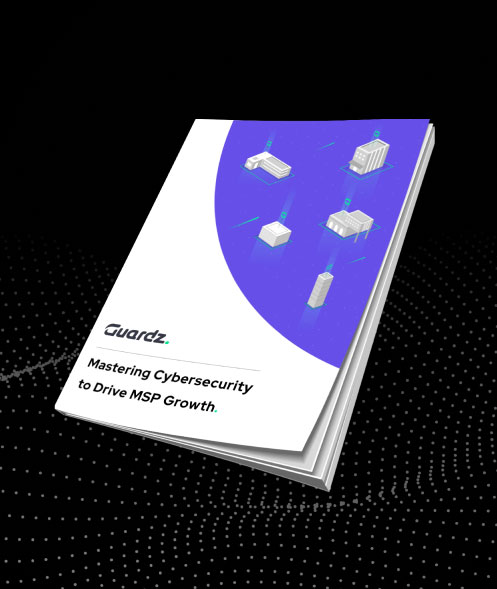There’s no doubt that you’ve noticed the surge of cyberattacks and data breaches reported in the news lately. It’s clear that no business, regardless of its size or industry, is impervious. Hackers are always finding new ways to infiltrate systems, and businesses must take proactive measures to safeguard against these threats. So whether you’re a small business owner or an enterprise-level corporation, it’s essential to understand the potential consequences of a security breach and take the necessary steps to secure your digital assets.
Now let’s explore the different ways that getting hacked can put your business at risk, as well as practical tips to help you protect your small business from hackers:
First things first, what exactly is business hacking?
Hacking is the process of gaining unauthorized access to a computer or network, which can be for malicious purposes. When it comes to business, the stakes are high – business hacking can be done for many reasons, ranging from a mischievous prank to more serious offenses, such as stealing sensitive information or money.
Business hacking is risky, and those who do it usually operate without permission or regard for the potential consequences. In many cases, hacking involves using tools and techniques that can leave a permanent mark on a business’s systems and networks, wreaking havoc on their operations.
What are the motivations of hackers?
Have you ever wondered what motivates hackers to do what they do? Although their motivations can be varied and complex, there are some common goals that drive their actions.
Valuable Targets: Hackers typically target valuable assets, such as money, information, or both. They may exploit vulnerabilities in e-commerce websites to steal money and data, or try to access sensitive information held by businesses to sell it on the dark web.
Types of Valuable Information: Hackers can be after different types of information, including customer data, credit card details, computer code, and trade secrets. For instance, customer data such as names, addresses, and phone numbers are extremely valuable as they can be used for identity fraud or phishing attacks.
Risks to Businesses: Hackers can cause significant harm to businesses if they succeed in breaching their networks. This can result in financial losses, damage to reputation, and legal implications.
Although hackers’ motivations can be complex and varied, understanding their goals and targets can help businesses better protect themselves against cyber threats. By implementing best practices for data security, businesses can reduce the risks of being targeted by hackers and safeguard their valuable assets.
Here are some simple solutions you can implement to protect your small business from hackers:
As a small business owner, you may be unable to keep up with the latest cyber security news and trends due to time constraints. However, it is crucial to remain aware of cyber threats and be ready to face them. Therefore, what steps can you take to safeguard your small business from hackers?
Use strong passwords – A hacker gaining access to your account and changing your password can cause significant damage. Therefore, it is best to use complex passwords that are challenging for hackers to guess.
Employ two-factor authentication – This involves entering a code sent to your phone via text message or email when logging in from a new device or browser. This adds an extra layer of security, making it more difficult for hackers to access your accounts even if they have your password.
Keep your software updated– Always ensure that your devices have the latest versions of operating systems and applications like Word or Adobe Reader. Hackers frequently exploit 0-day vulnerabilities, undiscovered by developers, to gain entry into systems and steal data. Therefore, staying up-to-date with software updates for security is crucial.
Update your privacy policy – After updating your security measures, update your privacy policy to inform your customers of the changes and how you plan to safeguard their personal and sensitive data, which they entrusted you.
Regularly backup your data – In case of a cyberattack, having a backup of your data can be a lifesaver. Regularly backing up your data ensures that you can recover quickly in the event of data loss or ransomware attacks.
Install security software – Invest in a good antivirus and firewall software to protect your systems from malware and unauthorized access. Security software can detect and block malicious activity, protecting your data from cyberattacks.
Train your employees – Educate your employees about cybersecurity best practices and potential cyber threats. Train them to identify phishing emails, how to create strong passwords, and to avoid clicking on suspicious links or downloading attachments from unknown sources.
By following these simple steps, you can help secure your small business from hackers and minimize the risk of cyberattacks. Remember, cybersecurity is an ongoing process, and you should always be vigilant and proactive in safeguarding your digital assets.
Luckily, Guardz has got you covered. We provide top-notch protection for your information to ensure it never falls into the wrong hands or becomes accessible to hackers. And the best part? You can get started with us for free!
Head on over to our website to learn more about how Guardz can keep your online business secure. Visit us now at https://guardz.com/.
- Share On:


